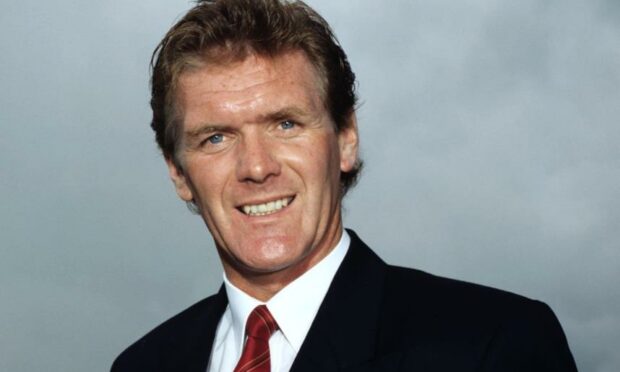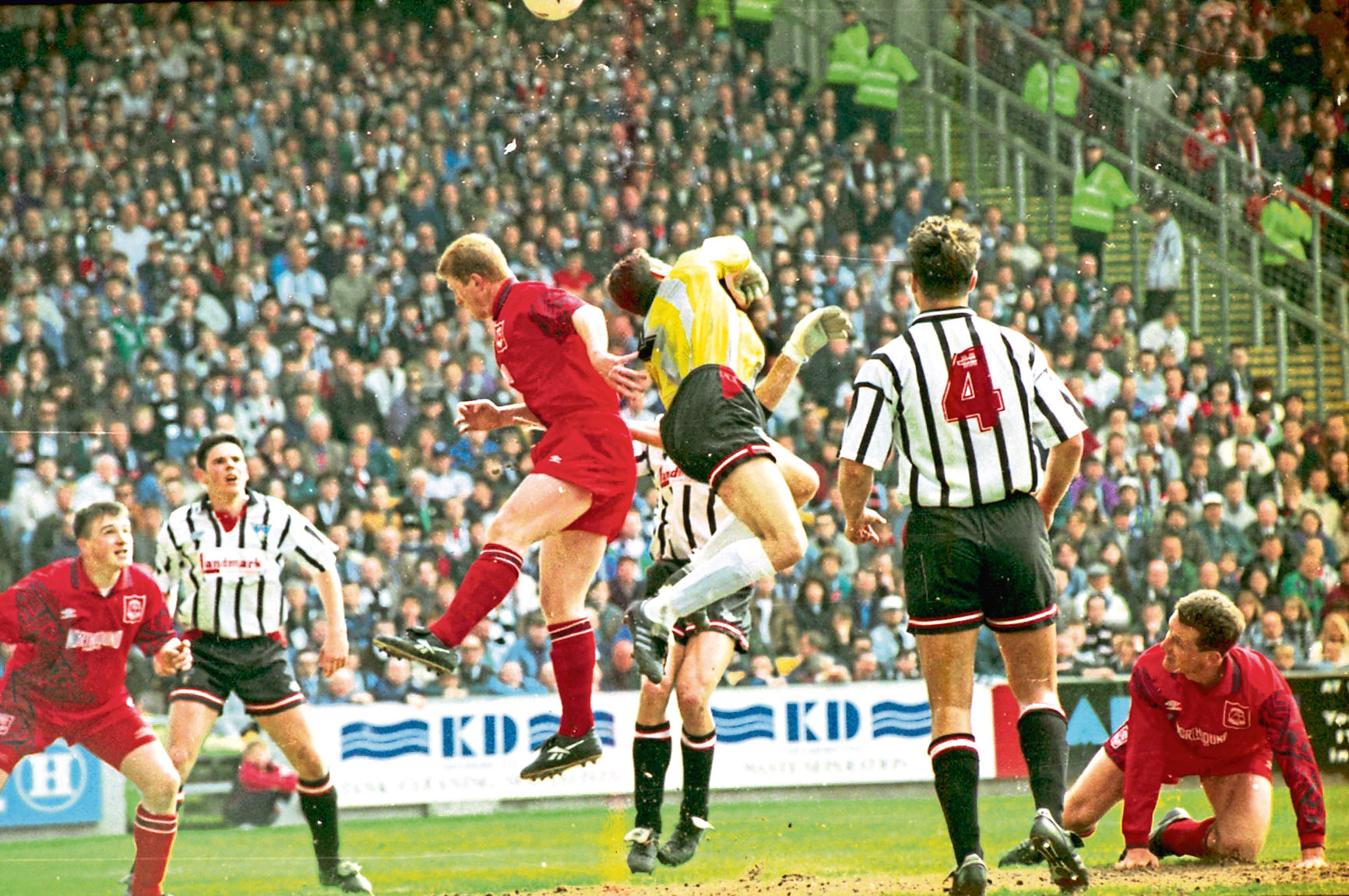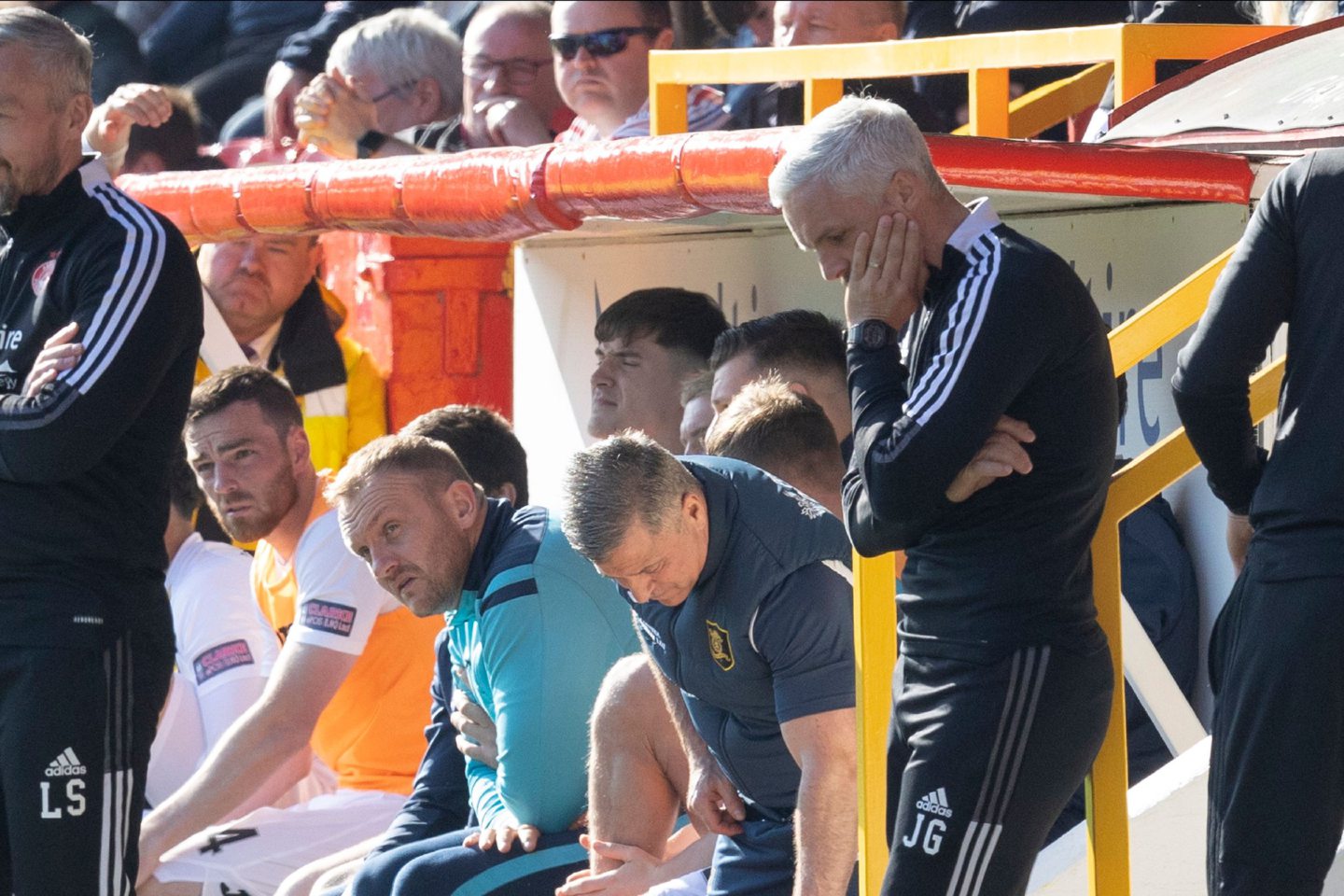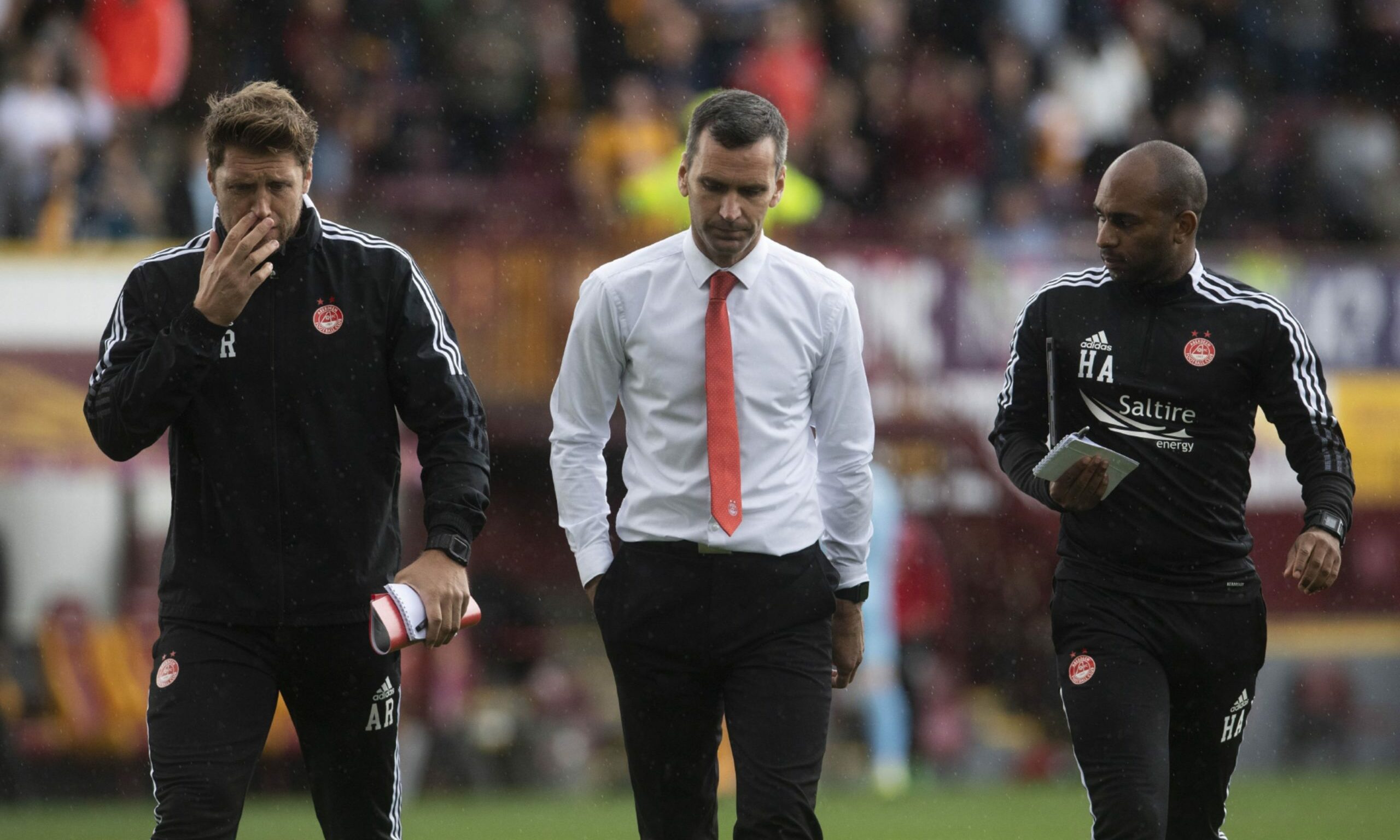Martin Buchan looked around the Manchester United dressing room in 1974 and silently bemoaned the attitude of a few of his teammates as they responded to the growing spectre of relegation.
The former Aberdeen captain never took a backward step or complacent stride throughout his stellar career, but, sadly, the same could not be said of all his Old Trafford colleagues, while they clung desperately to one of sport’s most treacherous delusions and ended up paying the consequences.
As Buchan later recalled: “We struggled at the wrong end of the table for much of the season and then the unthinkable, relegation, happened.
“Some of the squad had thought that we were too good to go down, the same people who, in my opinion, had let (United manager) Frank O’Farrell down.
“It came as a seismic shock, by far the biggest disappointment of my career.”
Unsurprisingly, for those who followed his many achievements in the game, the Scot was one of the catalysts for his club’s return to the top flight under Tommy Docherty just 12 months later, but he never forgot that mounting dread of the drop and many Aberdeen aficionados are starting to wonder if the same crippling paralysis might be affecting the current Dons squad.
It seems a world removed from the air of positivity which pervaded Pittodrie when Stephen Glass was unveiled as Derek McInnes’ successor 13 months ago; an appointment which all too swiftly turned sour and led to his sacking and the installation of Jim Goodwin in February.
But matters haven’t improved since then and Aberdeen, who seem incapable of keeping a clean sheet and don’t score that many goals either, are now facing the genuine prospect of a relegation play-off unless their results improve.
I still believe they have just about enough of a cushion over St Johnstone to avoid that fate, but the statistics don’t lie and, during his brief tenure, Goodwin’s team has won only once in eight matches, which would be unacceptable in anybody’s terms, but especially given the insipid, uninspired performances which suggest that many of his players either believe they are too good to go down or know they won’t be at Pittodrie in a few weeks.
There were similar concerns around the club during another depressing campaign in the 1994-95 season, and it finished with the Dons taking part in the first-ever play-off tussle with Dunfermline Athletic.
Then, as now, they found winning very difficult with a meagre total of 10 victories in 36 matches, compared to their present tally of nine from 34 and their toils and travails eventually led to the axing of club legend Willie Miller.
New man soon made his mark
And yet, importantly, following the arrival of Roy Aitken, whose reign commenced with a 2-0 triumph over Rangers, three of these successes came in the last three fixtures against Hearts, Dundee United and Falkirk, a run of form which not only spared them the possibility of automatic relegation – their New Firm rivals suffered that misery – but generated momentum in the build-up to their brace of tussles with the Fifers in the second half of May.
They needed all their fighting qualities, because Bert Paton’s side had only lost four times in the First Division and ended just a point behind champions Raith Rovers, but, looking back, there wasn’t much sense of apprehension among the Pittodrie faithful as these contests loomed.
Several pieces in the Press & Journal from the time spoke of how Aberdeen could “derive confidence from knowing they had never been relegated in their history” and “had rallied at the right time to stay afloat”.
Dons were ruthless at the crunch
But there again, they had been in such dire straits three months earlier that a play-off felt like a get-out-of-jail card. And they had a good squad of players, with such emerging talents as Stephen Glass, who was one of the pivotal characters when the combatants lined up at Pittodrie on Sunday, May 21.
As expected, the visitors fought hard, and chances were few and far between in the early stages. But, just when a few nerves might have been forming, Glass stepped up to fire home a 25-yard free kick past the flailing Guido van de Kamp in the 40th minute and the stadium erupted.
Not for long, though. As the Evening Express related the following day, a former Don, Craig Robertson, “did his old club no favours” when he equalised early in the second half and “Aberdeen briefly looked rattled and a feeling of unease built up as Dunfermline pushed forward”.
Thankfully, for the hosts, they had another gear and the not insubstantial figure of Duncan Shearer to allay their anxieties, first with a header to restore his side’s advantage, then with a spectacular volley in the closing moments.
Glass was on the mark again
The 3-1 scoreline didn’t mean the tie was done and dusted, and Aitken sensibly stressed it was “only half-time”, but the damage had been done to Dunfermline and goals from Billy Dodds, Joe Miller and Glass ensured another 3-1 outcome when the clubs met again on May 25.
“Joy Unconfined” was one of the headlines the next morning, which may have been pushing it a bit. But the Dons were safe after a winter to forget.
Now, who’s going to start scoring for them again in the next few weeks?



